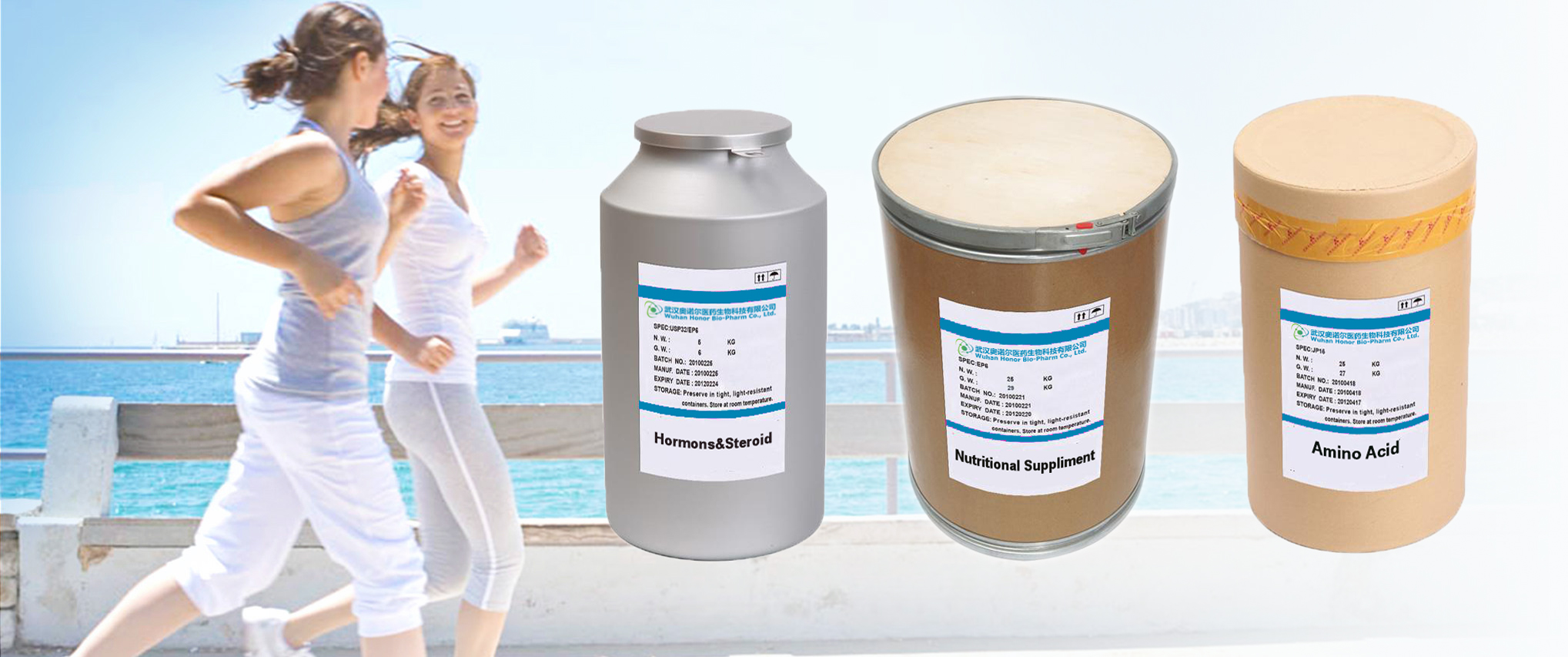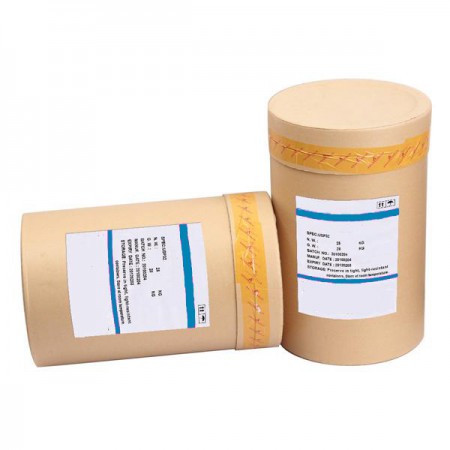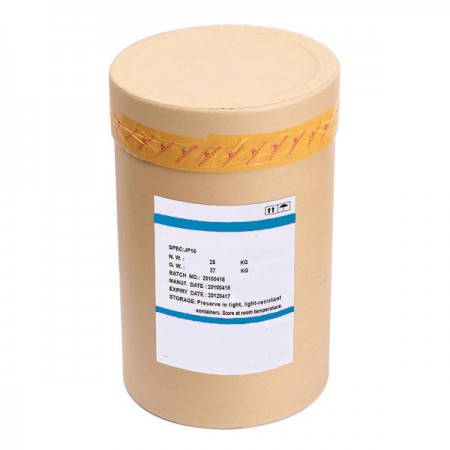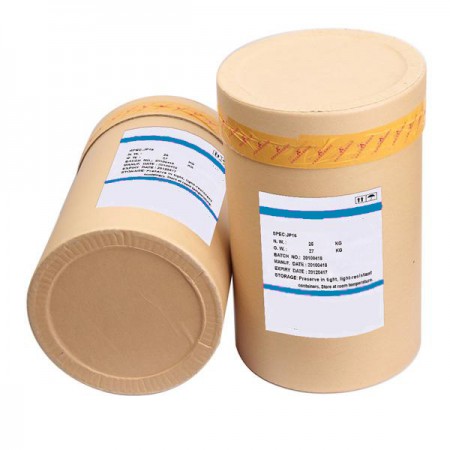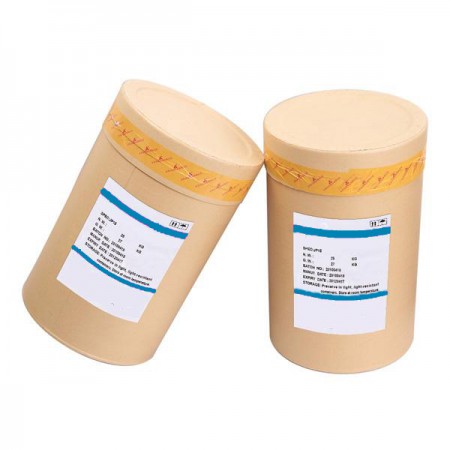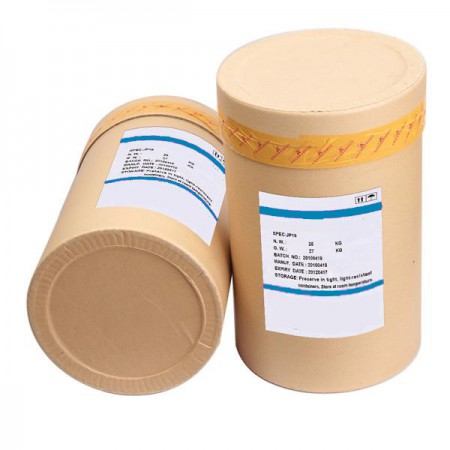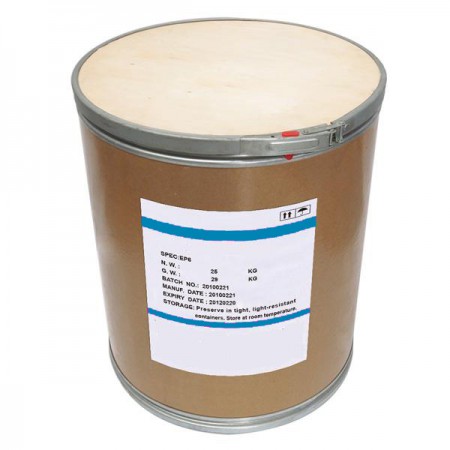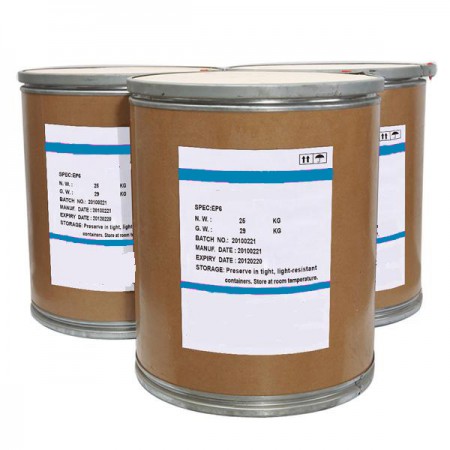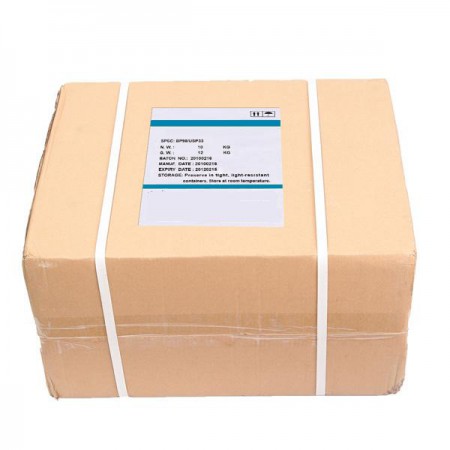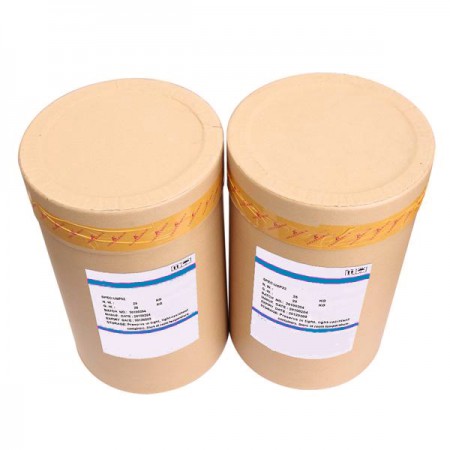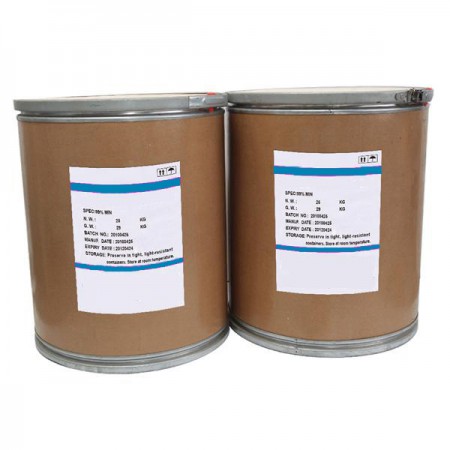- sales@honorbiopharm.com
- 86-27-82774712
 中文
中文
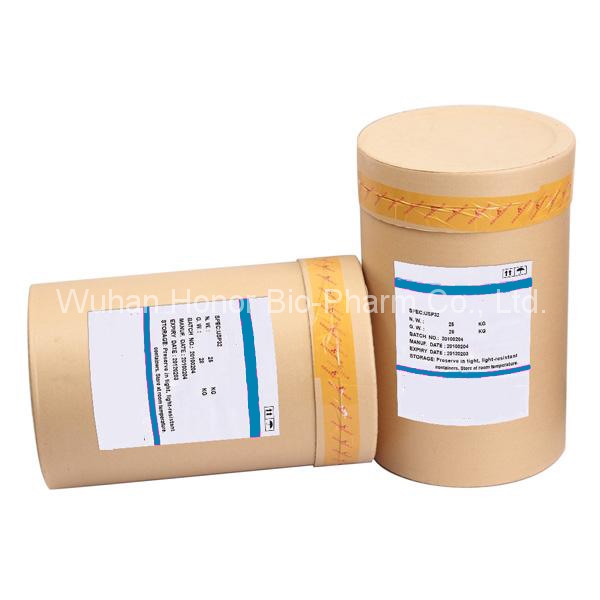
Short Description:
CAS NO.: 5080-50-2
Formula: C9H18ClNO4
CAS Name: O-Acetyl-L-carnitine hydrochloride
Alias: (R)-3-Acetoxy-4-(trimethylammonio)butyrate hydrochloride; R(-)-2-Acetyloxy-3-carboxy-N,N,N-trimethyl-1-propanaminium chloride; Levacecarnine hydrochloride; Acetyl L-carnitine HCL; Acetyl-L-Carnitine HCL; N-Acetyl-L-Carnitine HCL; (2R)-2-(acetyloxy)-3-carboxy-N,N,N-trimethylpropan-1-aminium chloride; Acetyl-L-carnitine Hydrochloride
Molecular weight: 239.6965
Molecular Formula:C9H18ClNO4
Description:
CAS NO.: 5080-50-2
Formula: C9H18ClNO4
CAS Name: O-Acetyl-L-carnitine hydrochloride
Alias: (R)-3-Acetoxy-4-(trimethylammonio)butyrate hydrochloride; R(-)-2-Acetyloxy-3-carboxy-N,N,N-trimethyl-1-propanaminium chloride; Levacecarnine hydrochloride; Acetyl L-carnitine HCL; Acetyl-L-Carnitine HCL; N-Acetyl-L-Carnitine HCL; (2R)-2-(acetyloxy)-3-carboxy-N,N,N-trimethylpropan-1-aminium chloride; Acetyl-L-carnitine Hydrochloride
Molecular weight: 239.6965
Function: Acetyl-L-carnitine is an amino acid (a protein component) that is naturally produced in the body. It helps the body produce energy. N-Acetyl-L-Carnitine is the ester form of L-Carnitine, which is a naturally occurring amino acid metabolized from Lysine and Methione, and synthesized in the human brain, liver, and kidney by the enzyme ALC-transferase. N-Acetyl-L-Carnitine is involved in preventing age-related effects on the brain protecting neurons from oxidative damage, and has helped those with pain due to peripheral neuropathies. It may also help prevent progressive loss of myocardial sympathetic nervous function in diabetic patients. Some studies also suggest that N-Acetyl-L-Carnitine may also have antidepressant effects.
Specification(powder):
Appearance White Powder
PH 2.0 to 3.0
Specific Rotation -26.0 to -29.00
Loss on Drying 1.0% Max.
Residue on Ignition 0.5% Max.
Heavy Metals 10ppm Max.
As(mg/kg) 1 Max.
Assay: 98.0% to 102.0%






